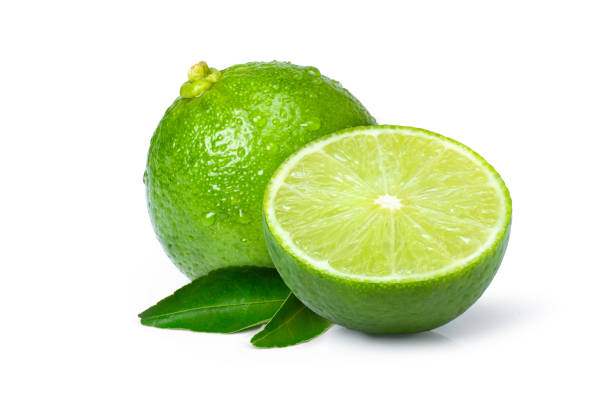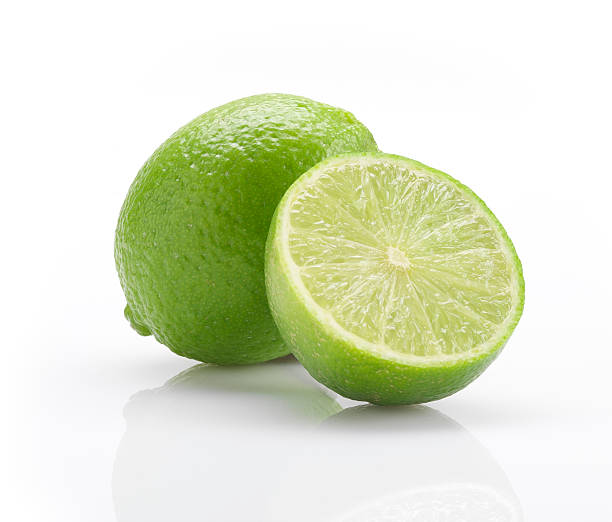In conclusion, limes are a low calorie fruit that is packed with essential vitamins and minerals. They are a great addition to any diet and can be used as a substitute for high-calorie sweeteners in recipes. One lime contains about 30 calories, 30-40% of the recommended daily intake of vitamin C, and small amounts of other essential vitamins and minerals. While limes are not a significant source of dietary fiber or protein, they do contain small amounts of both of these nutrients which are important for maintaining a healthy diet. Be sure to include limes in your diet for their many health benefits and great taste.
A lime contains approximately 30 calories per 100 grams, making it one of the lowest calorie fruits available. This is because limes are mostly made up of water, with only a small amount of sugar and carbohydrates. In fact, limes are made up of about 88% water, 9% carbohydrates, and 1% protein. Because of their low calorie content, limes are often used as a substitute for high-calorie sweeteners in recipes for baked goods and other treats.
In addition to being low in calories, limes are also a good source of vitamin C. One lime contains about 30-40% of the recommended daily intake of vitamin C, which is important for maintaining a healthy immune system and protecting the body from infections and diseases. Vitamin C is also an antioxidant, which helps to protect the body from damage caused by free radicals.
One medium-sized lime contains approximately 30 calories. This is a relatively low calorie count compared to other fruits, making it a great choice for those looking to maintain a healthy weight or for those following a calorie-controlled diet. In addition to being low in calories, limes are also low in fat and cholesterol, making them a great choice for those looking to maintain heart health.
Limes are also an excellent source of vitamin C. One medium-sized lime contains approximately 30mg of vitamin C, which is about 50% of the daily recommended intake for adults. Vitamin C is an important nutrient that helps to boost the immune system, promote healthy skin, and protect against free radical damage.
Limes are also a good source of other important nutrients, including vitamin A, calcium, and iron. They also contain small amounts of other vitamins and minerals, including thiamine, riboflavin, niacin, and folate.
In addition to their nutritional benefits, limes also offer a number of other health benefits. They have been found to help lower blood sugar levels, improve digestion, and reduce inflammation. Some studies have also suggested that limes may have anti-cancer properties and may be helpful in preventing the growth of certain types of cancer cells.
Limes can be eaten raw or cooked, and they can be used in a variety of ways to add flavor to food and drinks. They are often used to make lime juice, which can be added to drinks or used as a marinade for meat and fish. They can also be used to make lime zest, which can be used as a garnish or to add flavor to dishes.
In conclusion, limes are a low calorie fruit that is packed with essential vitamins and minerals. They are a great addition to any diet and can be used as a substitute for high-calorie sweeteners in recipes. One lime contains about 30 calories, 30-40% of the recommended daily intake of vitamin C, and small amounts of other essential vitamins and minerals. While limes are not a significant source of dietary fiber or protein, they do contain small amounts of both of these nutrients which are important for maintaining a healthy diet. Be sure to include limes in your diet for their many health benefits and great taste.

 Home
Home Health
Health Diet & Nutrition
Diet & Nutrition Living Well
Living Well More
More












